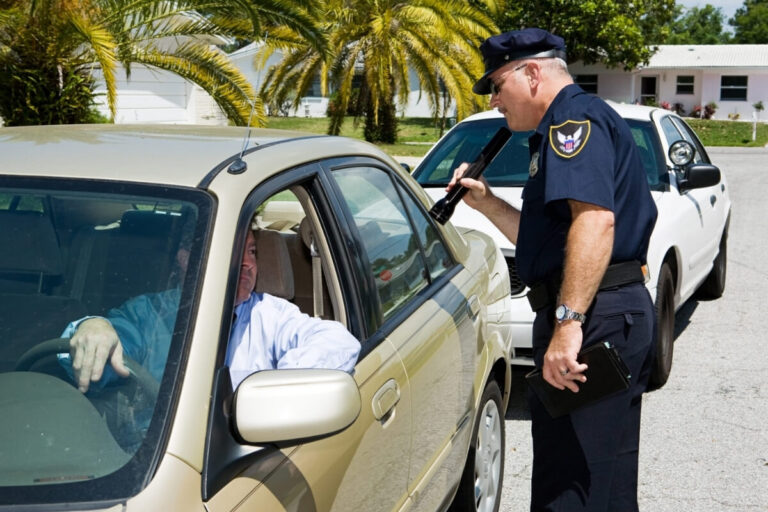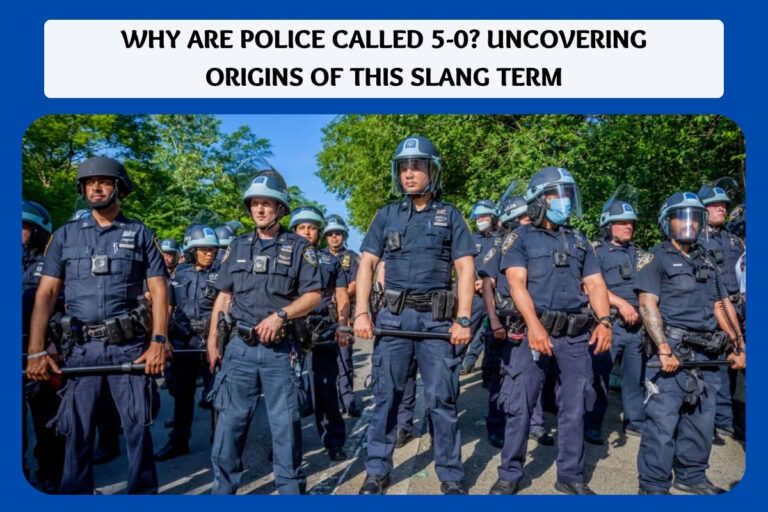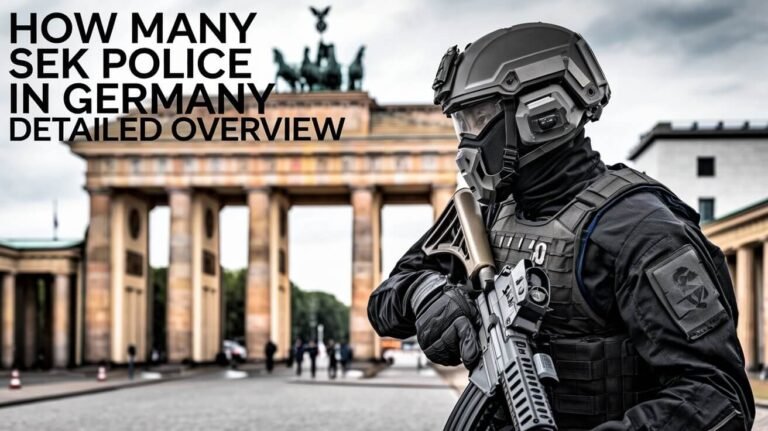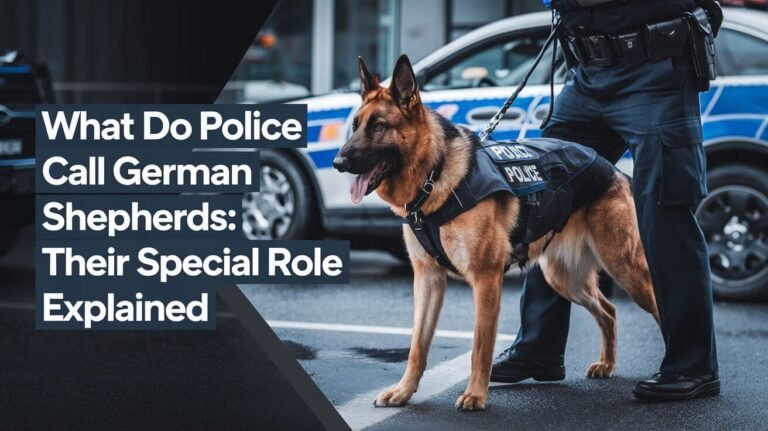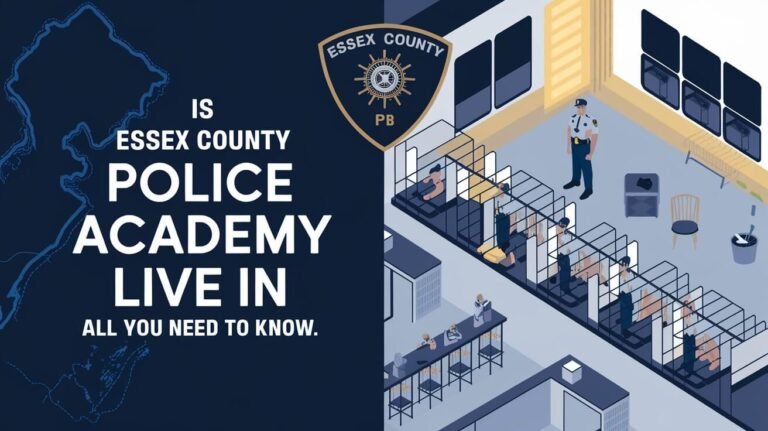Do Police Have To Tell The Truth? Legal Insights
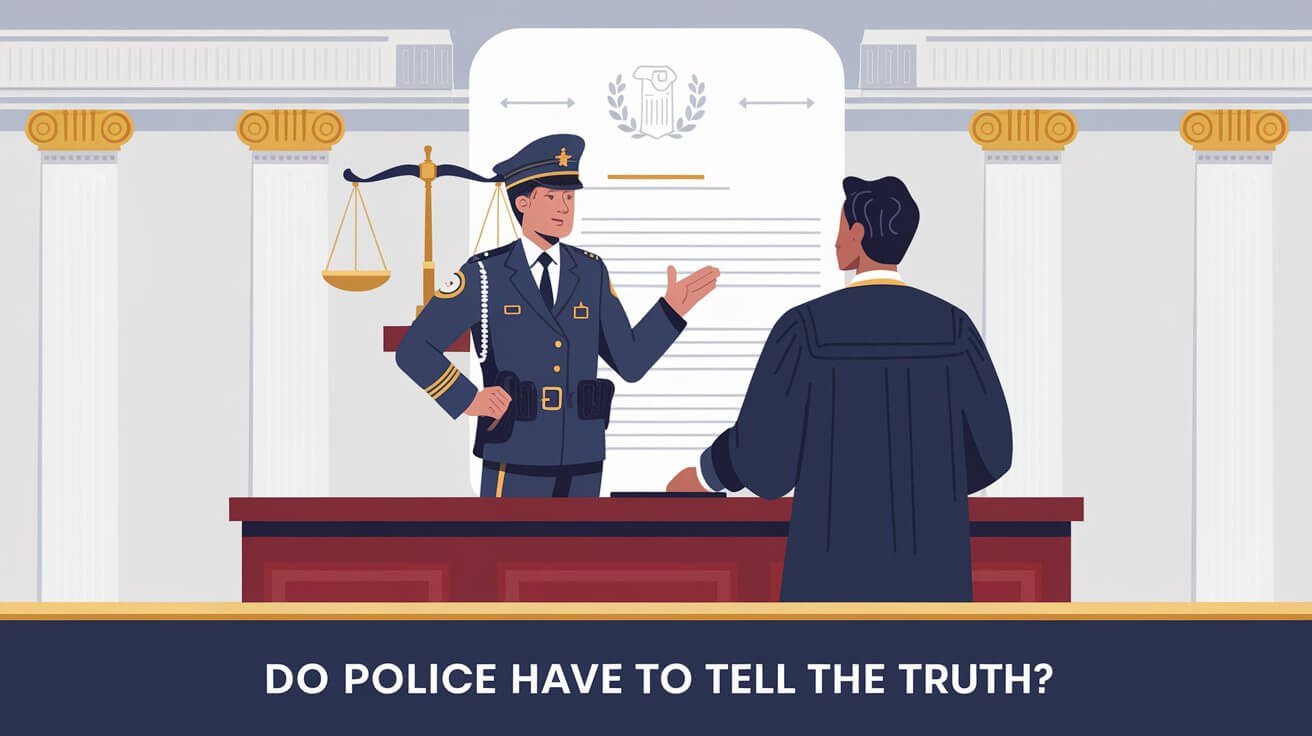
It’s common to question if police always tell the truth. Police deception is a complex issue. Laws and regulations guide when and how police can use deception during interrogations.
In the United States, police use different methods to get information. Police deception is sometimes part of these tactics. This raises questions about the balance between effective law enforcement and individual rights.
In California, giving false information to a police officer can lead to misdemeanor charges. This shows how important honesty is when dealing with police. Understanding the limits of police deception is key to balancing law enforcement and individual rights.
Police Deception: The Legal Framework
Law enforcement can use deception in investigations, but there are limits. The use of deception is checked by the Constitution, Supreme Court decisions, and state laws. For example, Miranda rights protect against coerced confessions, which can happen through police tricks.
Constitutional Boundaries
The Constitution sets limits on police deception, mainly on coerced confessions. The Supreme Court has set rules for what makes a confession voluntary. Police must follow these rules to respect an individual’s Miranda rights.
Supreme Court Precedents
Supreme Court decisions say police can use deception in some cases. But, it can’t be used to coerce or violate someone’s rights. The Court has said that confessions gotten through threats or lies are not voluntary and can’t be used.
State-Level Variations
State laws also affect how much police can deceive. Some states limit police tricks during questioning, while others are more lenient. Knowing these differences is key to protecting your rights when dealing with police.
Common Police Deception Tactics
Police officers often use tricks to get information from people, like lying about evidence or promising better treatment. These methods can make people confess, but they can also cause false confessions and wrong convictions. Deception is a common way police get information from suspects.
Some common police deception tactics include:
- Misstating penalties: Police can overstate the penalties for any offense, threatening severe punishment if a confession or cooperation is not provided.
- Search warrant threats: Cops may threaten to get a search warrant instead of actually obtaining one to coerce consent to a search, which may be easier than following proper legal procedures.
- Detention intimidation: Intimidation tactics such as implying prolonged detention as a consequence of not talking to the police during an investigation.
These tactics and deception methods are often used together with other interrogation techniques to get confessions. The Supreme Court has ruled that some police lies are okay, as seen in Frazier v. Cupp. But, civil rights groups say police deception leads to false testimony and hurts public trust.
| Police Deception Tactic | Description |
|---|---|
| Misstating penalties | Overstating the penalties for an offense to coerce a confession |
| Search warrant threats | Threatening to obtain a search warrant to coerce consent to a search |
| Detention intimidation | Implying prolonged detention as a consequence of not talking to the police |
Knowing about these common police deception tactics and interrogation methods is key to protecting our rights and stopping false confessions.
Legal Interrogation Techniques and Deception
Police officers use many ways to get confessions, like the Reid technique and false evidence tricks. These methods can work, but they can also be too strong. This can lead to false confessions. The debate on using lies in police work is big. Some say it’s needed to get confessions, while others worry it can cause wrong convictions.
Some common police methods include:
- The Reid Technique, a nine-step process to get confessions
- False evidence ploys, where police show fake evidence to get a confession
- Psychological manipulation methods, like using tactics to make suspects confess
These methods can be tricky, as they might make people confess who didn’t do it. This is a big problem, as nearly a third of DNA exonerations from 1989 to 2020 were because of false confessions. So, there’s a push to change how police question people and cut down on lies.
There are other ways to question people, like the PEACE model used in the UK. It uses open questions and focuses on gathering evidence. This approach tries to build trust with suspects instead of forcing them to confess. Using these methods can help avoid false confessions and make sure justice is done.
Rights During Police Questioning
When you’re being questioned by the police, knowing your rights is key. The Miranda rights, from the 1966 case Miranda v. Arizona, let you stay silent. This protects you from saying things that could hurt you later.
These rights mean you can choose to stay quiet and ask for a lawyer. The Fifth Amendment of the U.S. Constitution backs this up. It lets you not answer questions, except for your name. If the police don’t warn you about your rights, what you say can’t be used against you in court.
Here are some important things to remember during questioning:
- Stay silent to avoid saying something that could hurt you.
- Ask for a lawyer to make sure you’re represented legally.
- Remember, police officers don’t have to tell the truth during questioning.
It’s vital to use your right to remain silent and ask for a lawyer. This way, you protect your rights and avoid false confessions.
Limits on Police Deception
Police deception is a complex issue. There are limits to what law enforcement can do during interrogations. The biggest concern is coerced confessions, which can lead to wrongful convictions. The Innocence Project found that false confessions caused 29% of wrongful convictions in DNA exonerations.
Many states have passed laws to protect people from police deception, mainly during interrogations of juveniles. For example, Illinois, Oregon, and Utah have laws to stop coercive tactics. Delaware and New York are also working on similar laws. These laws aim to protect due process and prevent false confessions.
Some key factors that make a confession involuntary include:
- Police tactics that undermine the individual’s ability to exercise free will
- Failure to provide Miranda warnings, which inform individuals of their rights to remain silent and that anything they say can be used against them in court
- Coercive questioning, which can be prohibited by the Fifth and Fourteenth Amendments
It’s important for individuals to know their rights and ask for legal counsel during police questioning. By understanding the limits on police deception and the risks of coerced confessions, people can protect themselves and ensure due process is followed.
| State | Legislation | Purpose |
|---|---|---|
| Illinois | SB 2034 | Prohibits police from using coercive tactics during interrogations of juveniles |
| Oregon | HB 2648 | Requires police to provide Miranda warnings to juveniles during interrogations |
| Utah | HB 155 | Prohibits police from using deceptive tactics during interrogations of juveniles |
Do Police Have to Tell the Truth in Written Statements?
Police statements can be tricky. Officers don’t always have to tell the truth in writing. But, there are limits to how much they can lie. Before an arrest, statements can be used without Miranda warnings, affecting their truth.
Police officers can’t decide who to charge. Prosecutors make these decisions based on evidence and politics. This shows how important honesty in written statements is, as it can change a case’s outcome.
Some important things to know about police statements and honesty include:
- Police can use tactics to get evidence, which might not be true.
- False confessions are common, making written statements very important.
- Talking to a criminal defense lawyer before speaking to police is a good idea to protect your rights.
Truth in written statements is key in the justice system. Knowing your rights and the impact of police statements can help ensure fairness and justice.
| Category | Description |
|---|---|
| Police Statements | Official documents outlining the events of a case, which may not always be entirely truthful. |
| Written Statements | Documents written by police officers or individuals involved in a case, which can impact the outcome of a case. |
| Truthfulness | The accuracy and honesty of written statements, which is essential in the criminal justice system. |
Impact of Police Deception on Court Cases
Police deception can greatly affect court cases. It can make evidence not admissible and even lead to cases being dismissed. In the U.S., such practices have been blamed for many false confessions and wrongful convictions.
In contrast, England’s legal system limits such practices. It also requires every interview to be recorded. This approach has been more effective in preventing false confessions and wrongful convictions.
The use of fake evidence is rare in English interrogations. English courts also exclude confessions obtained through deception. This shows how critical it is for police to be truthful in their statements and testimony.
The effects of police deception on court cases are clear:
- Exclusion of evidence: If evidence is obtained through deception, it might not be allowed in court.
- Constitutional challenges: Deception can lead to constitutional issues, possibly causing a case to be dismissed.
- False confessions: Deceptive practices can result in false confessions, which can harm the accused greatly.
Studies have found that police officers are not better at spotting lies than the average person. They often rely on nonverbal cues, which can be misleading. This calls for changes in American police interrogation policies. Recording police interactions is key to preventing misunderstandings and ensuring evidence is presented correctly in court.
| Country | Legal Framework | Use of Fabricated Evidence |
|---|---|---|
| United States | Varies by state | Not uncommon |
| England | Police and Criminal Evidence Act | Rare |
Protection Against Police Deception
Everyone has the right to protect themselves from police tricks. This includes the right to stay silent and to have a lawyer. It’s important to know these rights and to use them when talking to the police.
To keep safe from police tricks, always ask for a lawyer before answering any questions. This way, your rights are kept safe and you avoid saying something that could hurt you. Here are some ways to protect yourself:
- Clearly tell the police you won’t answer without a lawyer.
- Don’t give up your rights, even if they promise to be nice or threaten you.
- Get advice from a good criminal defense lawyer if you need to.
Being informed and standing up for yourself can help protect you from police tricks. Remember, police can lie to get information, but you have the right to protect yourself. Use your rights to stay safe.
| Right | Description |
|---|---|
| Right to Remain Silent | The right to remain silent and not answer any questions without a lawyer present |
| Right to an Attorney | The right to have an attorney present during police questioning |
The Role of Body Cameras and Recording
Body cameras and recording are key in making police actions clear and fair. They help lower complaints against officers and reduce force use. A study in California showed officers with cameras got fewer complaints and solved more citizen issues.
Studies support the use of body cameras. Arizona State University found officers with cameras faced fewer complaints. A 2016 study also showed a drop in force use when cameras were turned on at the scene.
Digital Evidence Standards
Digital evidence standards are vital for keeping recorded evidence reliable. This includes how evidence is stored and checked. With more digital evidence from cameras, it’s important to keep it safe and sound.
Public Accountability Measures
Keeping police actions open and fair is key. Body cameras, recording, and digital evidence help a lot. The public can also help by reporting any police wrongdoings.
Some important facts about body cameras and recording are:
- 47% of general-purpose law enforcement agencies in the United States had acquired body-worn cameras in 2016
- 80% of large police departments had acquired body-worn cameras in 2016
- 92% of Americans wanted federal police officers to wear body cams, according to a Reuters/Ipsos poll in June 2020
Legal Representation During Police Interactions
It’s key to have a lawyer when dealing with the police. The Sixth Amendment of the U.S. Constitution says you have the right to an attorney during questioning. This right is vital to protect your rights.
Anything you say to the police can be used against you in court. The police might use your words to support their theory. It’s easy to unintentionally give up your rights by talking too much.
Here are some tips to protect your rights:
- Stay silent and ask for a lawyer
- Avoid giving conflicting statements
- Don’t give up your right to an attorney
- Know your Miranda rights and use them
Having a lawyer helps manage the evidence and controls what you say to the police. It’s important to have a lawyer to protect your rights and avoid legal trouble. Knowing the value of legal representation helps keep your rights safe and strengthens your defense.
| Right | Description |
|---|---|
| Right to Remain Silent | Protected by the Fifth Amendment, this right allows individuals to remain silent during police interactions. |
| Right to an Attorney | Guaranteed by the Sixth Amendment, this right ensures individuals have access to legal representation during police questioning. |
When Police Must Be Truthful
Police officers must tell the truth in many situations. This includes when they give court testimony, submit official documents, and in administrative proceedings. It’s important to ensure justice and protect everyone’s rights.
Officers have to be honest when they testify under oath. They must give accurate and unbiased information in court. They also need to submit truthful documents, like affidavits for search warrants.
Court Testimony
In court, police officers must give truthful testimony. This is key to the legal process. They need to share accurate details about a case and any evidence found.
Official Documentation
Police officers must also be truthful in official documents. Reports and affidavits are used to support investigations and prosecutions. Any mistakes or lies can lead to serious issues.
Administrative Proceedings
In administrative proceedings, police officers may need to testify or submit documents. They are expected to be truthful and provide accurate information in these situations.
Final Thoughts
We’ve looked into the complex issue of police deception, covering legal frameworks, common tactics, and why protecting individual rights is key. This article shows that police deception is a big challenge. It needs a careful balance, respecting both law enforcement and citizens’ rights.
The protection against police deception comes from our Constitution and Supreme Court decisions. These rules help keep people safe from forced confessions and fair treatment. Even though police can use certain interrogation methods, they must not go too far into deception.
This conversation is important because it reminds us that people’s rights and freedoms are most important in seeking justice. Knowing the legal and ethical limits helps us create a fair system. This system balances safety with protecting individual freedoms, which is vital for a just and democratic society.
Common Queries
What are the legal limitations on police deception?
Police can’t deceive people too much because of laws and court rules. For example, the Miranda rights stop police from forcing confessions. The Supreme Court has also set rules for what makes a confession voluntary.
What are some common police deception tactics?
Police use tricks like lying about evidence or promising to go easy. These tricks can get confessions, but they can also lead to false confessions and wrong convictions.
What are the legal interrogation techniques used by police?
Police use many ways to get confessions, like the Reid technique and lying about evidence. These methods can work, but they can also be too pushy and cause false confessions.
What are the rights of individuals during police questioning?
People have the right to stay silent and to have an attorney during questioning. These rights, from the Miranda rights, help protect against forced confessions.
What are the limits on police deception?
Police can’t force confessions or break due process. They also can’t ignore Miranda rights. These limits help keep people from being tricked into false confessions.
Do police have to tell the truth in written statements?
Police don’t always have to be honest in written statements. But, there are rules about how much they can lie. This section will look at these rules and why honesty matters.
How can police deception affect court cases?
Police lies can change how evidence is seen in court. They can lead to challenges to the evidence or even dismiss the case. This section will talk about how police honesty affects court outcomes.
How can individuals protect themselves against police deception?
People can protect themselves by knowing their rights. This includes the right to stay silent and to have an attorney. This section will give tips on how to keep your rights safe.
What is the role of body cameras and recording in police interactions?
Body cameras and recordings help make police actions more open and accountable. This section will look at how these tools work and their benefits and limits.
What is the importance of legal representation during police interactions?
Having a lawyer during police talks is very important. This section will explain why and how to make sure you have one.
When are police officers required to be truthful?
Police must tell the truth in some situations, like in court or in official documents. This section will discuss when they must be honest and why it’s important.

